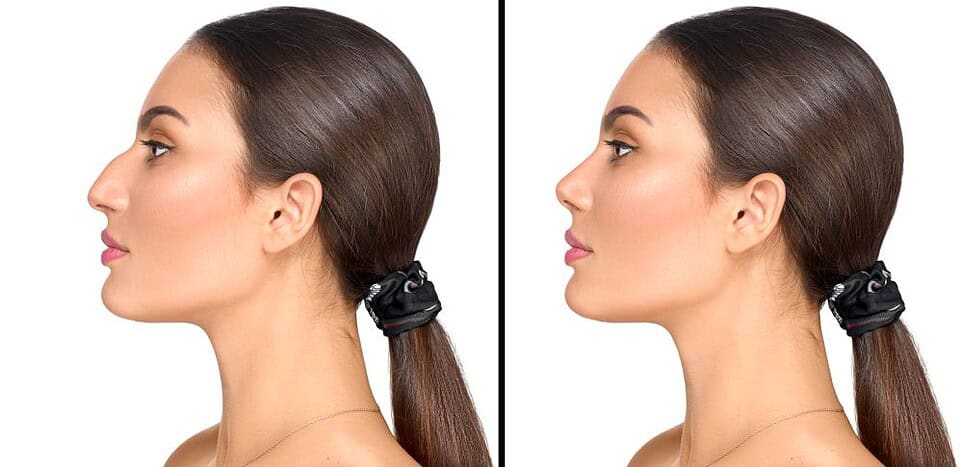
Explore Transgender Surgery Available in Bangkok
Gender dysphoria is the feeling of distress and discomfort that can develop when a person becomes aware of a mismatch between the gender they were assigned at birth, based on their genitalia, and their internal sense of their true gender.
Gender-affirming treatments and surgery have been developed to right the wrongs of nature and provide the body that those with gender dysphoria have always felt they were meant to have.
Undergoing sexual reassignment surgery is a serious and life-altering step. Before considering gender-affirming surgery, Thai law requires patients to have approval from two Thai psychiatrists and be clinically diagnosed as having gender dysphoria, also known as gender identity disorder.
Types of Gender-affirming Surgery
There are two major types of gender-affirming treatments and surgery: male-to-female (MTF) and female-to-male (FTM). Both types can treat the face (facial masculinization or femininization surgery), chest (referred to as top surgery), and genitals (referred to as bottom surgery).
Facial Masculinization and Feminization Surgery
Facial gender-affirming surgery is generally a process of enlarging and adding to the facial features in FTM procedures and reducing and minimizing the features in MTF surgery.
However, surgery can also alter subtle but noticeable differences in the faces of both genders. For instance, women tend to have a smaller space between their upper lip and the base of the nose. This can be corrected through surgery while the lips are being reshaped to look more feminine or masculine.
The bony ridge above the eye sockets can also be augmented or minimized through surgery to match a male or female’s face. Jaws and chins can also be widened and strengthened or narrowed and softened depending on the desired gender. Cheeks can be made to look more feminine by having implants, and noses can look slimmer through rhinoplasty. A tracheal shave can reduce the appearance of a prominent Adam’s apple.
Masculinizing and Feminizing Top Surgery
Top surgery is a type of gender-affirming surgery that augments or removes breast tissue. These procedures are used to create a more masculine or feminine-looking chest.
The FTM masculinizing procedures commonly use a double incision mastectomy that removes most of the breast tissue. The surgeon makes two incisions at the bottom of the breasts and removes the breast tissue while reshaping the nipples and aureola to appear more masculine.
MTF feminizing top surgery involves increasing the breast size and may include grafting fat from other parts of the body. It also can involve both implants and fat grafting.
The surgeon makes incisions around the areola, in the crease underneath the breast, or under the armpit. The patient should be on feminizing hormones, but if they haven’t made the breasts large enough for the procedure, the surgeon may have to insert temporary tissue expanders in front of the chest muscles. Over a few weeks, the patient will have a small amount of saline injected into the expanders until the chest skin has expanded enough for the fat or implants. Then, another procedure removes the expanders and replaces them with the recommended substances.
Masculinizing or Feminizing Bottom Surgery
Bottom surgery consists of several procedures that allow your genitalia to match your gender identity. In masculinizing bottom surgery, the procedures include:
- Hysterectomy: the removal of the cervix and uterus
- Vaginectomy: the removal of all or part of the vagina
- Metoidioplasty: the procedure uses a hormone-enhanced clitoris to create a penis 4 to 6 centimeters long.
- Phalloplasty: a multi-procedure process that creates a penis, urethra and scrotum.
- Scrotoplasty: a procedure that creates a scrotum.
Feminizing bottom surgery includes:
- Orchiectomy: the removal of the testicles.
- Penectomy: the removal of the penis and relocation of the urethra.
- Vaginoplasty: a set of surgical procedures that result in the construction of a vagina.
- Vulvoplasty: a procedure that alters the look of your genitals to match your gender identity by creating a mons pubis, inner and outer labia, and a clitoris.
Patients desiring these surgical procedures are also likely to be prescribed hormone treatments for a period before their surgery.
Visit Nirunda Clinic for Transgender Surgery in Bangkok

Nirunda Aesthetic Clinic in Bangkok offers MTF gender-affirming surgery. The surgery is performed by Dr Poonpissamai Suwajo, a distinguished plastic surgeon and member of the Thai Board of Plastic and Reconstructive Surgery at King Chulalongkorn Memorial Hospital, specializing in gender-affirming surgery.
Book a consultation appointment at Nirunda Aesthetic Clinic to discuss and learn more about our MTF transgender surgery and treatments.









